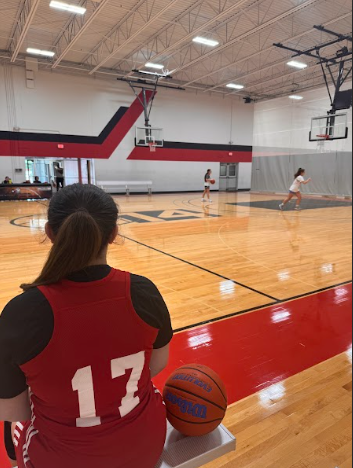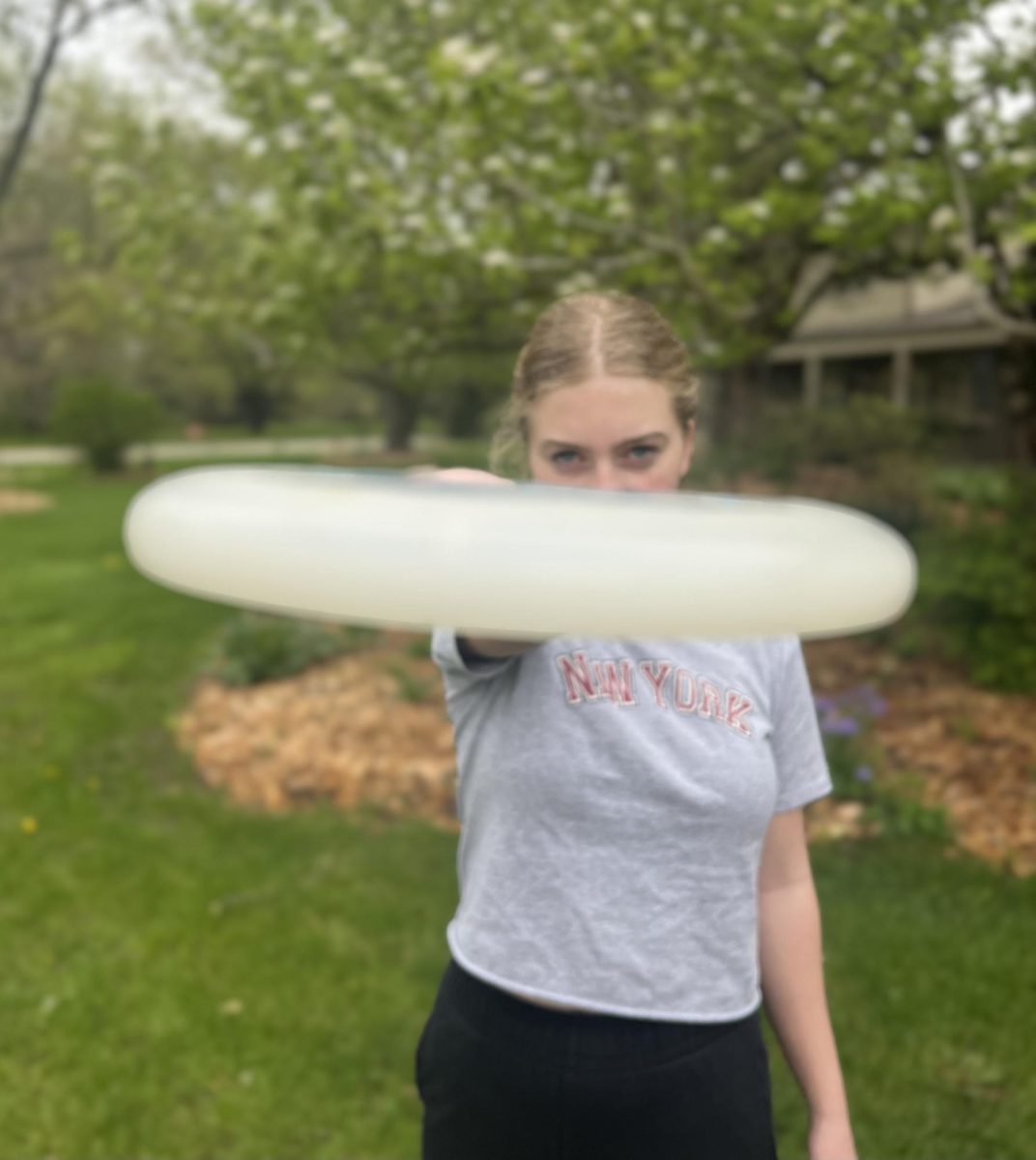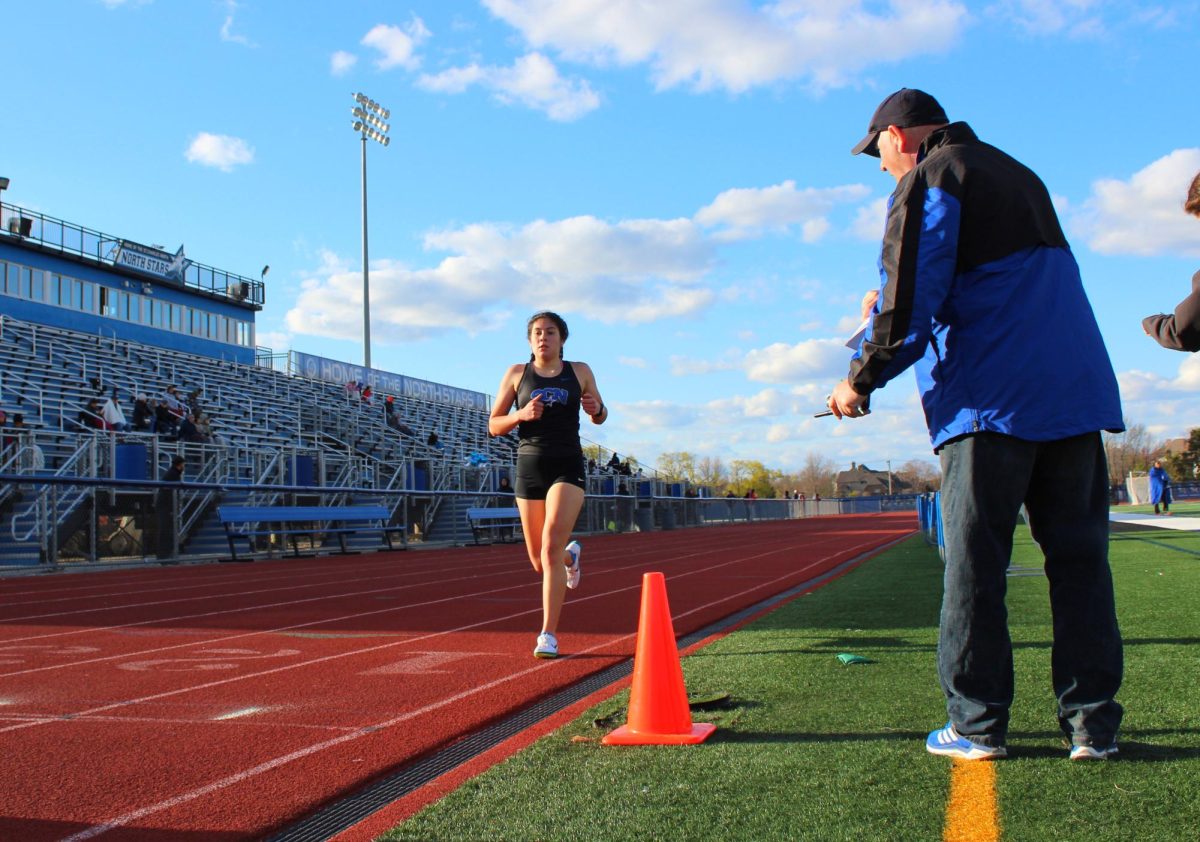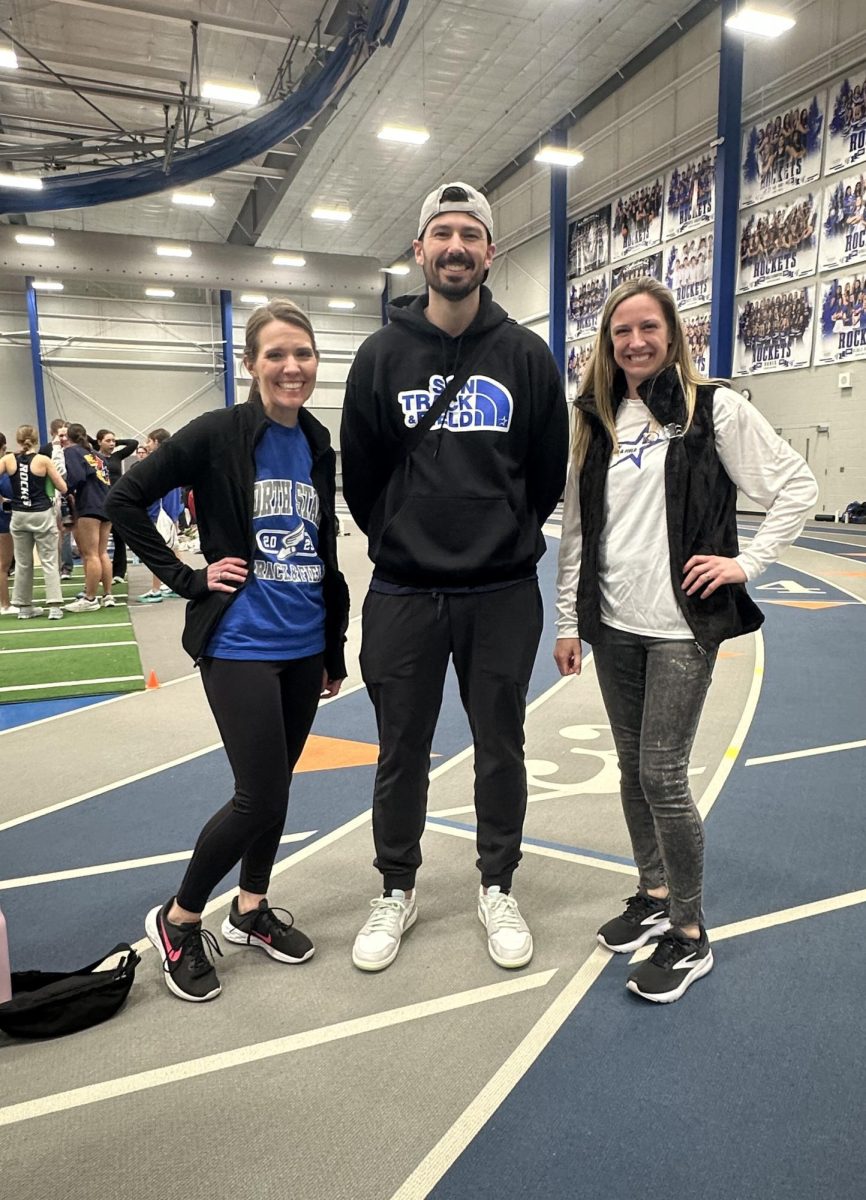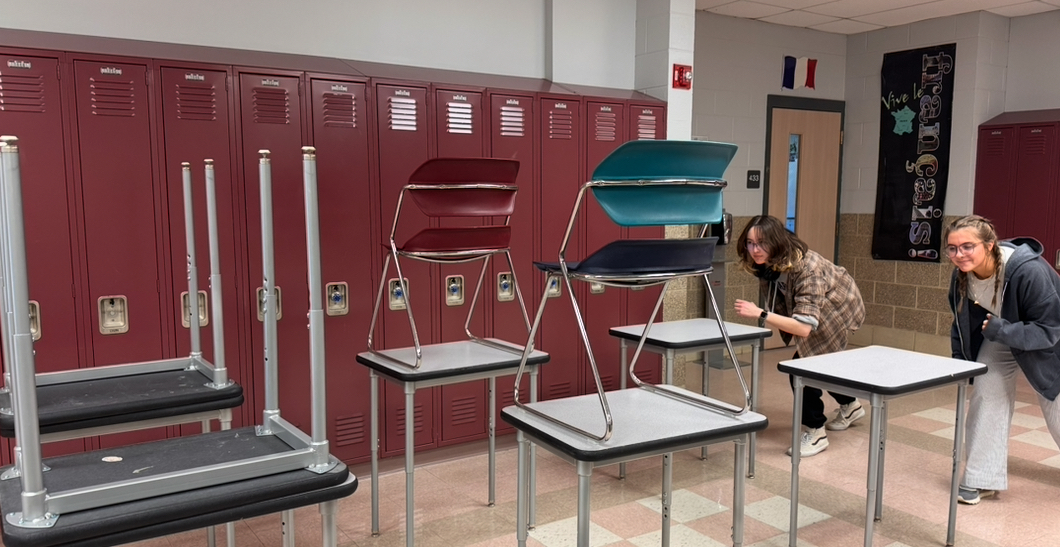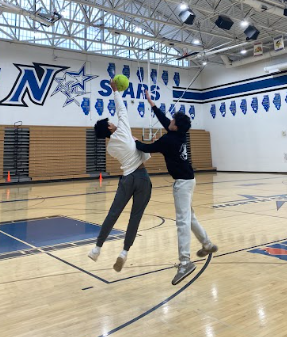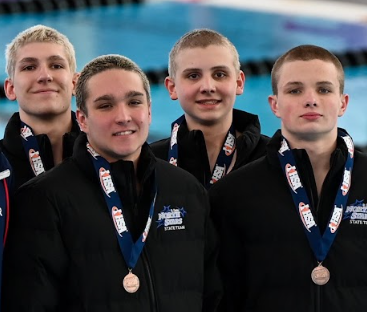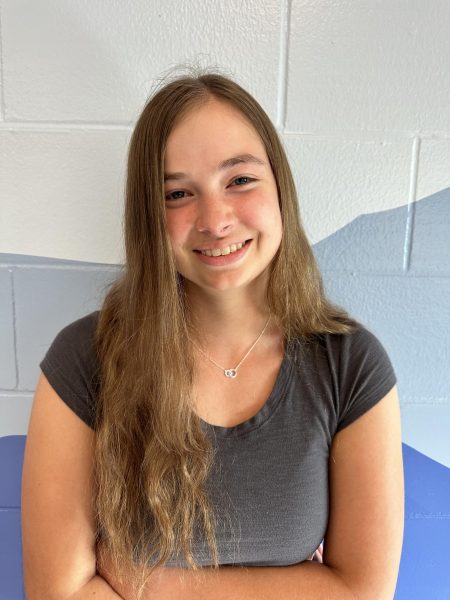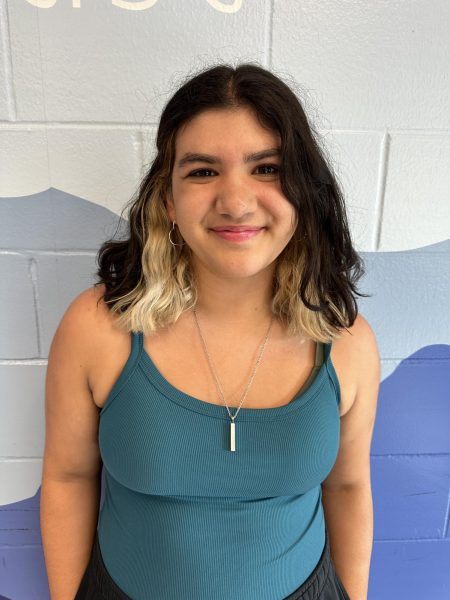Pushing your body to its limits day after day for a sport you love can be one of the most liberating feelings out there; making it all the more devastating when you’re forced to retire Sporting injuries, most commonly, concussions, may affect any part of the body, and can range from inconvenient to being pulled out of your sport for seasons at a time. While the break from your sport can be upsetting in itself, the recovery and long-term effects of injury can just be just as impactful, sometimes changing the way you participate forever.
With over five million American high school athletes experiencing sporting injuries each year, it is no surprise that many of North’s athletes have been victims of injury and needed to take breaks from, or be accommodated by, their respective sports. Awareness and accommodation are continually shown in North’s teams and coaches.
Junior Abigail Springborn, who played volleyball for nine years, suffered three serious concussions and now faces lifelong short-term memory loss and chronic migraines. She was made to retire by her neurologist due to the risks of damaging her brain further. She now finds other ways to contribute to the sport she loves by coaching rather than playing.
“I have a lot more time on my hands,” said Springborn. “I’ve adapted to a lot of different activities and met new people through clubs and coaching. It’s all a different experience than what I had before.”
The importance of providing students with “a different experience” is seen through their passion for their sports. Going from 20 or more hours of commitment a week to barely being able to attend a sport can have a drastic impact on a student’s mental health, making their continued involvement with their team, even without a competing role, aid in recovery.
Junior Izzi Othon, a gymnast of three years with North, suffered tears to both of her ACLs in her Sophomore and Junior year. Othon could not compete in either season due to the injuries and recovery from surgery, sad to be torn from the sport she had grown passionate about.
“I didn’t get an MRI [the first time] until about four months later, because I didn’t want to take it in; it was my first injury ever,” said Othon.
Determined to return to her sport, Othon, with the support of her teammates, pushed through physical therapy and worked with her coaches to return to where she was before her injury. To accommodate her during her recovery, the team brought her back as a manager.
“I’d be on the floor holding mats, writing down scores, telling people their lineups and I was able to be a part of all the team talks on the floor,” said Othon. “When it came to competition, I was just able to help them on the sidelines.”
While partial participation does not replace the feeling of actually competing with one’s team, still participating in some way encourages students to continue to work with their teammates and coaches, allowing them to be included despite injury.
Perhaps the most devastating thing about an injury is the lack of control one has when handling it; surgery, recovery and the chronic nature of residual pain can be overwhelming, especially knowing there isn’t much you can do about it but wait. And, even when returning, it can take time to heal mentally.
“It’s hard to keep going. There are multiple days where all I want to do is go to the gym, and there are some where I want to be as far as I can from it because I really don’t trust myself anymore,” said Othon. “I’m always wanting to be back on the floor, but there’s always a point in the back of my mind like ‘What if I ruin my entire senior year, like my last two years?’”
But what happens when an injury is chronic? How can a student be supported when they will not recover in a typical fashion? Senior Walker Hornstrom suffers from a chronic bone condition called intramedullary osteosclerosis in which bone grows incorrectly within the lower leg. After swimming for two years and running cross country for two years and track for three years, he had to train differently than most of his peers. Hornstrom also experienced a lower leg stress-fracture in his first cross country season, rendering him unable to finish the season.
“It really sucked, especially freshman year,” said Hornstrom. “That team ended up going down to state; I would have been on that team, but I wasn’t. I got injured.”
Despite these conditions, Hornstrom has worked with his coaches to find plans that worked for him and his ability throughout the year.
“They’ve definitely worked around it. I mean, they’ve created a whole new workout for me to try,” said Hornstrom. “I have ulcerative colitis as well, which just added to how much time I was out of the water during this last swim season, but [my coach] still let me compete and train to the best of my ability.”
Facing injury can be incredibly daunting, but with the help of teammates and coaches, North’s athletes thrive within their sports. Respecting both the physical and mental aspects of recovery is vital in rehabilitating students to their activities, and North strives to respect its students and work at their level.
“I didn’t expect coming into high school gymnastics to have this many injuries,” said Othon. “But it’s definitely taught me that I can overcome so many things.”


